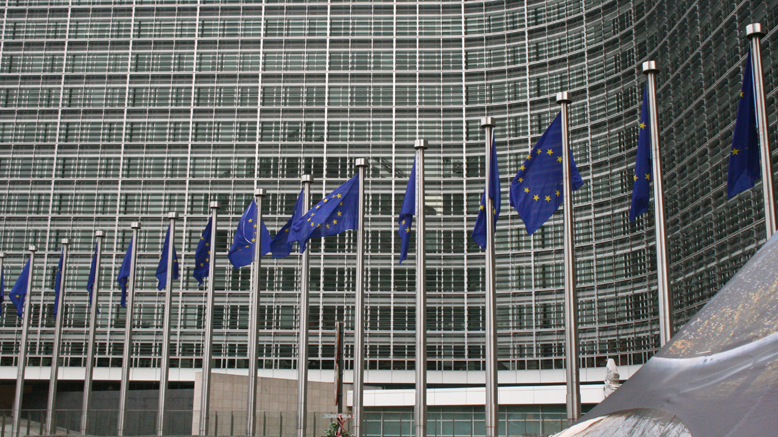
Brussels is exhorting Estonia to appoint a full-time euro transition coordinator and adjust its policies regarding the two-week dual currency period. Photo by Nathan Greenhalgh/Baltic Reports
TALLINN — The European Union is asserting that Estonia is not taking sufficient preparatory measures for switching from the kroon to the euro in January.
The European Commission posted a report Tuesday with a long list of criteria the first Baltic state to gain eurozone entry is not meeting. The report reads that the general coordination of the changeover preparations should be strengthened to ensure that all sectors are ready and synergies between various actors take place. The Estonian government has not yet commented on the report.
Brussels notes that unlike most eurozone countries in the run-up to the currency switch, Estonia has decided not to appoint a person who would work full-time on coordinating the changeover preparations, be the main press contact point for all changeover-related questions and give the changeover process a human face for the general public.
“The changeover coordinator should be available at all times … to handle any potential problems,” the report reads.
The Commission also expressed concerns about Estonian plans to use a “big-bang” changeover scenario and a dual circulation period of only two weeks, although Estonia’s advanced electronic payment system will make the cash changeover easier by alleviating the burden put on financial institutions in the changeover period.
The Commission is also concerned that Estonia is not following their recommendation that sales outlets should be obliged to give change exclusively in euros immediately from its introduction. This principle was also used in all previous changeovers and “prevented legacy cash from being ‘recycled’, accelerated its withdrawal from circulation and, as a consequence, lowered the changeover costs for retailers by shortening the period where they handled two currencies at a time,” according to the report.
The commission also suggests the banks not to put €50 bills into the ATMs in the first days following the changeover, as that would make the retailers run out of change.
“Considering the need to make it easier for the retail sector to give change exclusively in euro and current practice of Estonians to withdraw mostly small denomination banknotes, avoiding temporarily the use of €50 banknotes in ATMs should be considered,” reads the report.
The price hike derived from switching to the euro is a major concern, and the Commission extolled Estonia to take measures to prevent abusive and erroneous price hikes.
“The corrective action against subscribers who fail to deliver on their commitments under the Fair Pricing Agreement should be taken as quickly as possible,” reads the report.
This article is free to view. To read Baltic Reports’ subscription-only articles, click here.












